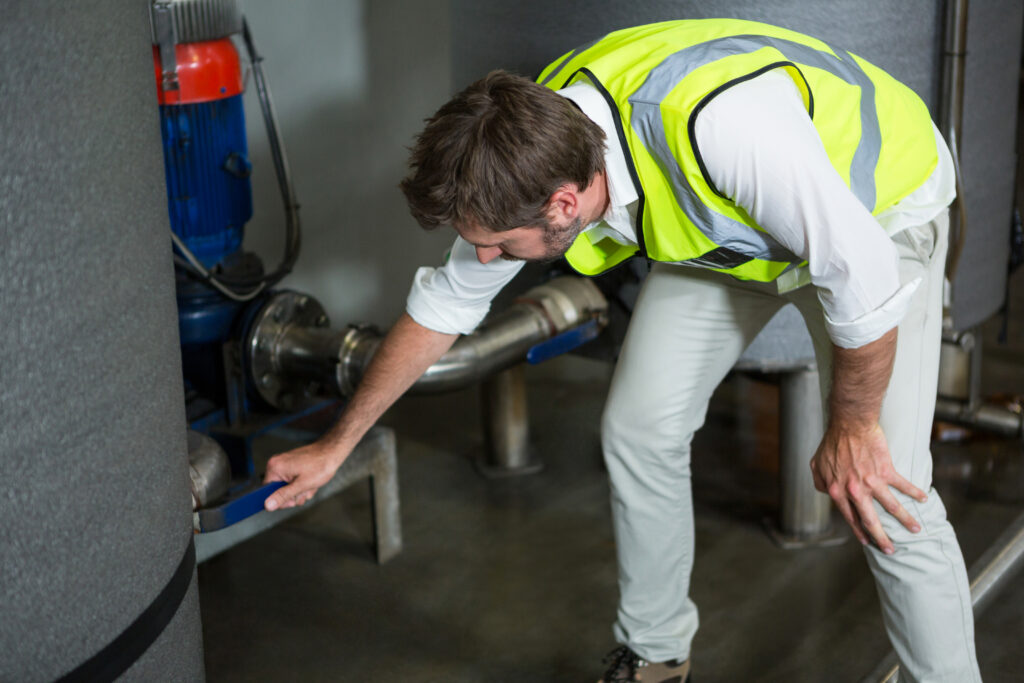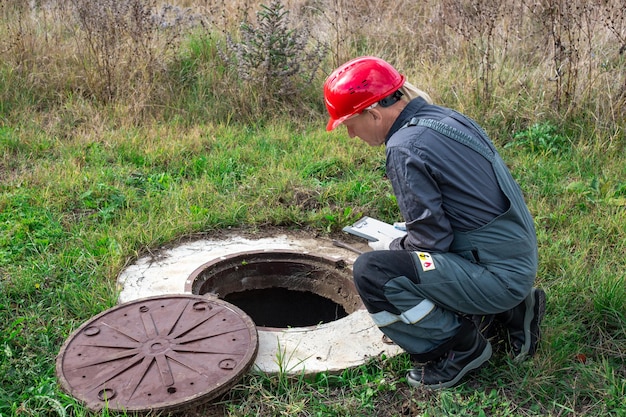Why Septic Tank Pumping Is Essential
Before diving into costs, it’s important to understand why septic tank pumping is necessary. Septic tanks collect and treat wastewater from your home. They are an integral part of the wastewater management system, designed to separate solids from liquids, digest organic matter, and store waste. Over time, solid waste and sludge build up in the tank, which can lead to blockages and system failures if not removed regularly.
Regular pumping is essential to remove the accumulated solids, preventing potential overflows and ensuring the system’s longevity. Pumping your septic tank removes these solids, ensuring your system operates efficiently and effectively, thus safeguarding the environment and your home’s sanitation.
How Often Should You Pump Your Septic System?
The frequency of septic tank pumping depends on several factors, including the size of your tank, the number of people in your household, and your water usage habits. On average, most septic tanks need to be pumped every 3 to 5 years. However, checking with a professional to determine the optimal schedule for your specific system is wise.

For instance, a larger household will likely require more frequent pumping due to increased usage, whereas a smaller household may extend the interval. Additionally, specific activities like frequent use of garbage disposals or heavy water usage can necessitate more frequent pumping. Consulting with a septic professional can provide insights tailored to your household’s unique needs, ensuring you maintain an optimal maintenance schedule.
What Influences Septic Tank Cleaning Cost?
Size of the Tank
The size of your septic tank is one of the most significant factors influencing pumping costs. Larger tanks hold more waste, which means more time and effort to pump. Naturally, this leads to higher costs. Typically, septic tanks range from 1,000 to 2,000 gallons, and prices will vary accordingly.
For instance, a 1,000-gallon tank might require less time and fewer resources to pump compared to a 2,000-gallon tank. It’s important to know your tank’s capacity to anticipate the pumping frequency and associated costs accurately.
Geographic Location
Where you live can also impact the cost of septic tank pumping. Prices tend to be higher in urban areas compared to rural ones due to the increased cost of living and operation. Additionally, local regulations and availability of services can affect pricing.
Urban areas may have more stringent environmental regulations, requiring specialized services that can increase costs. Conversely, rural areas might have fewer service providers, leading to less competition and potentially higher prices.
Accessibility of the Tank
The ease of access to your septic tank can influence pumping costs. If your tank is difficult to reach, it may require additional equipment or labor, increasing the overall price. Ensuring your tank is easy to access by clearing any obstacles can help reduce costs.
For example, if your tank is located under a deck or in a densely landscaped area, you might face additional charges due to the complexity of reaching it.
Extra Services
Sometimes, your septic tank may require additional services, such as inspections or repairs. These can add to the overall cost of the pumping service. It’s important to discuss any potential additional fees with your service provider beforehand.
Inspections can identify potential issues before they become serious, potentially saving you money in the long run. However, if problems are found, repairs can increase costs significantly.
How Much Does It Cost to Pump a Septic System?
So, how much does it cost to pump a septic system? On average, homeowners can expect to pay between $250 and $500 for a standard septic tank pumping. However, this price can vary based on the factors mentioned earlier.
- Small Tanks (1,000 gallons or less): $250 to $350
- Medium Tanks (1,000 to 1,500 gallons): $300 to $400
- Large Tanks (1,500 to 2,000 gallons): $400 to $500
Keep in mind that these are rough estimates, and actual prices may vary based on your location and specific circumstances. It’s also beneficial to consider potential additional costs, such as waste disposal fees, which some companies might charge separately.

Tips to Lower Your Septic Tank Cleaning Prices
While septic tank pumping is a necessary expense, there are ways to save money on the service. Implementing cost-saving strategies can make a significant difference in your overall home maintenance budget.
Stick to Regular Maintenance
Keeping up with regular maintenance is the best way to avoid costly repairs and emergency pumping. Stick to a consistent pumping schedule and address any issues promptly to prevent them from escalating.
Regular inspections can identify potential problems early, allowing for minor repairs instead of major overhauls. Additionally, maintaining your system can improve its efficiency, potentially reducing the frequency of necessary pumping.
Compare Septic Pumping Cost from Different Providers
Shopping around and comparing quotes from different septic service providers can help you find the best deal. Be sure to check reviews and ask for recommendations to ensure you’re choosing a reputable company.
Don’t hesitate to ask for discounts or package deals, as many companies offer promotions to attract new customers. Being informed and proactive in your selection process can lead to substantial savings.
Perform DIY Preventive Maintenance
While pumping should be left to professionals, there are some maintenance tasks you can do yourself. Regularly inspect your system for signs of trouble, such as slow drains or foul odors, and address them promptly.
Simple actions like avoiding flushing non-biodegradable items and being mindful of water usage can prevent unnecessary strain on your system. Educating household members on proper septic system use can also minimize the risk of issues arising.
Reduce Household Water Usage
Reducing your household’s water usage can help extend the time between pumpings. Simple changes, like fixing leaks, installing low-flow fixtures, and spreading out laundry loads, can make a significant difference.
Conserving water reduces the volume of wastewater entering your septic system, lessening the load and extending its lifespan.
When to Call a Professional for Septic Tank Cleaning
Even with regular maintenance, issues can still arise with your septic system. Knowing when to call a professional can prevent minor problems from turning into costly repairs. Being attentive to signs of trouble can save you from more severe system failures.
- Slow Drains: If your sinks, showers, or toilets are draining slowly, it could indicate a full septic tank.
- Foul Odors: Bad smells coming from your drains or yard can signal a problem with your septic system.
- Pooling Water: Unexplained wet areas in your yard, especially near the septic tank, can indicate a leak or overflow.
If you notice any of these signs, it’s important to contact a septic professional immediately to assess the situation.
Final Thoughts on the Cost to Have Septic Tank Pumped
Understanding the cost to have your septic tank pumped and the factors influencing these expenses can help you better manage your home’s maintenance budget. By staying informed and proactive, you can keep your septic system running smoothly and avoid unexpected costs.
Remember, regular maintenance and timely attention to issues are key to extending the life of your septic system and saving money in the long run. With the right approach, you can maintain an efficient, problem-free septic system that supports a healthy and comfortable home environment.






